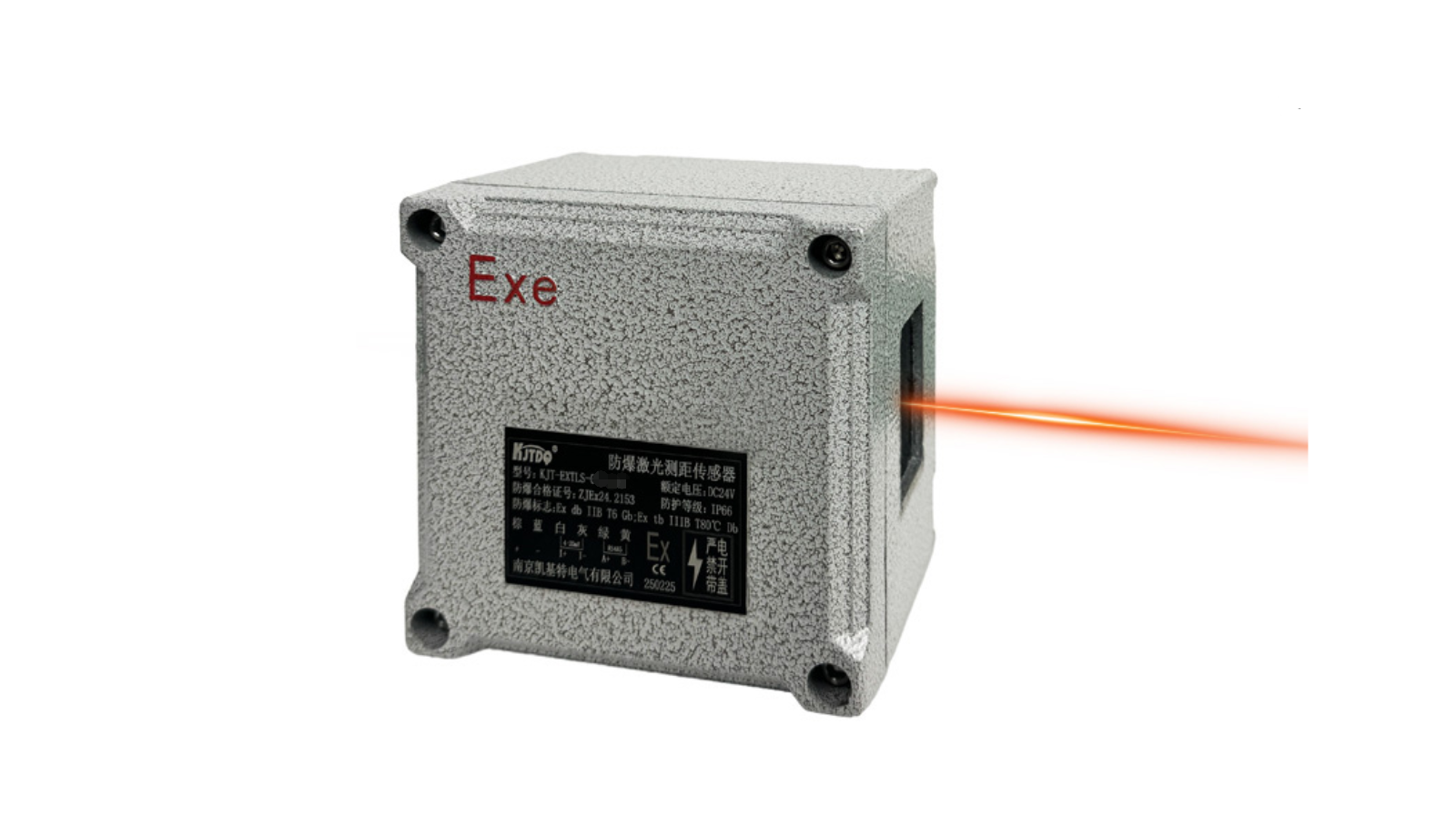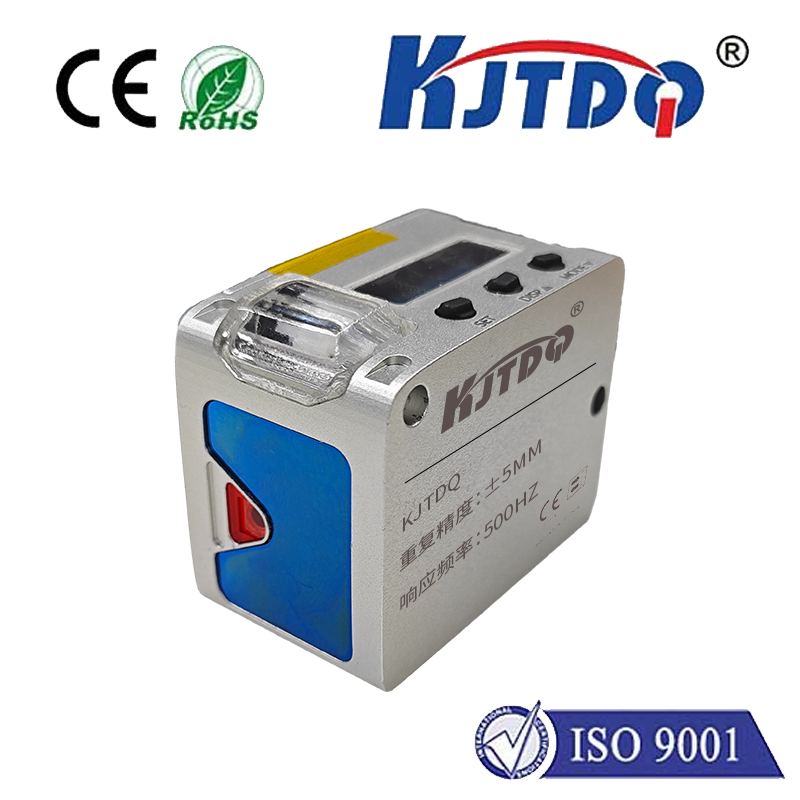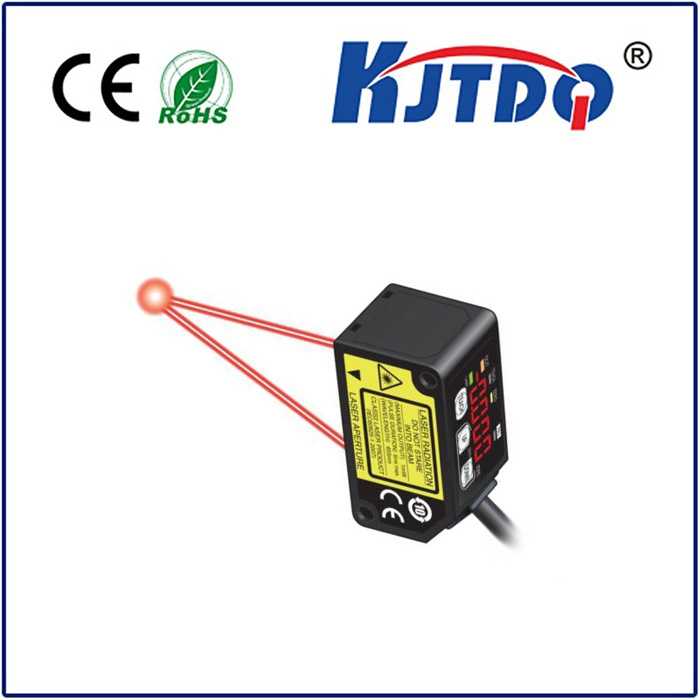Title: Introducing the Laser Rangefinder Sensor: Revolutionizing Measurement Technology
In today's world, precision and accuracy are paramount in a wide range of industries, from manufacturing and construction to agriculture and aerospace. One technology that has played a significant role in achieving these standards is the laser rangefinder sensor. This advanced device uses lasers to measure the distance between two points, providing fast and reliable results. In this article, we will explore the features and benefits of this innovative sensor and its applications in various fields.
Introduction to Laser Rangefinder Sensor
A laser rangefinder sensor is a device that uses a laser beam to determine the distance between two points. It works by emitting a pulse of light from one end of a laser beam and receiving the return signal at the opposite end. The time it takes for the light to travel from one point to another and back determines the distance. This process is known as triangulation and is a fundamental principle of laser measurement technology.
Features and Benefits of Laser Rangefinder Sensors
1. High Accuracy: One of the key advantages of laser rangefinder sensors is their high level of accuracy. They can measure distances with a precision of up to several meters, making them ideal for tasks that require ultra-high accuracy.
2. Fast Response Time: Another important feature of laser rangefinder sensors is their fast response time. They can quickly provide an accurate reading even in challenging environments with obstacles or interference.
3. Easy to Use: Laser rangefinder sensors are relatively simple devices that can be easily installed and operated without specialized training. They typically come with user-friendly interfaces and control panels, making them accessible to a wide range of users.
4. Cost-Effective: Laser rangefinder sensors are cost-effective devices that offer excellent value for money. They are more efficient than traditional techniques such as optical rulers or tape measures, reducing operational costs and increasing productivity.
Applications of Laser Rangefinder Sensors
1. Industrial Manufacturing: Laser rangefinder sensors are widely used in industrial manufacturing processes for tasks such as measuring distances between parts, checking assembly lines, and monitoring production processes. They help ensure precision and consistency in manufacturing operations, improving product quality and reducing waste.
2. Agriculture: Farmers can use laser rangefinder sensors to measure the distance between crops and livestock, ensuring proper nutrition and health. They also help farmers optimize irrigation systems, reducing water consumption and saving resources.
3. Construction: In construction projects, laser rangefinder sensors are used for tasks such as measuring building dimensions, checking alignment, and tracking progress. They provide accurate readings and help contractors ensure compliance with building codes and regulations.
4. Military: Laser rangefinder sensors are essential tools for military applications such as targeting, navigation, and surveillance. They enable soldiers to accurately locate enemy forces, navigate through complex terrain, and monitor their environment with precision.
Conclusion
The laser rangefinder sensor is a powerful technology that offers numerous benefits in various fields. Its high accuracy, fast response time, ease of use, and cost-effectiveness make it an ideal choice for demanding applications where precision is critical. As technology continues to evolve, we can expect laser rangefinder sensors to become even more sophisticated and versatile, further enhancing their capabilities and expanding their applications in the future.

















